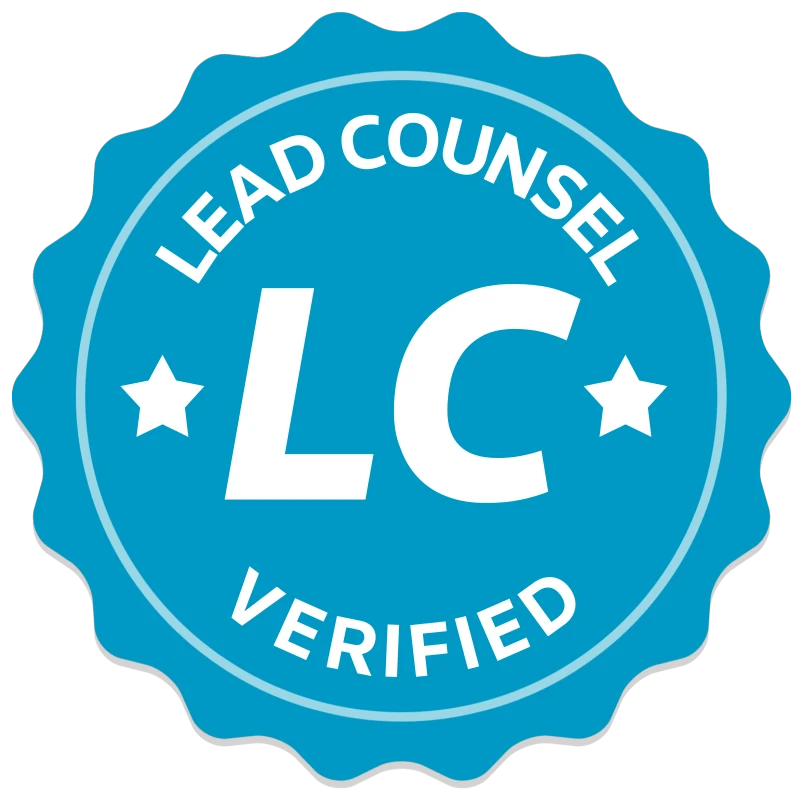
Introduction to Work-Related Injury or Illness
Understanding what qualifies as a work-related injury is vital for both employees and employers. This information can influence your rights, responsibilities, and the compensation to which you may be entitled. Let’s explore this in detail.
For a free legal consultation, call 404-951-3513
The Legal Definition of a Work-Related Injury
The term “work-related injury” includes any injury or illness that arises directly from an individual’s employment activities.
Types of Work-Related Injuries
Click to contact our personal injury lawyers today
Physical Injuries Including Slips, Trips, and Falls
An incident that occurs while an individual is fulfilling their job responsibilities, or is in an area designated for work, is usually considered a work-related injury. The specifics may vary depending on factors like workplace policies, negligence, and the unique circumstances of the incident.
Complete a Free Case Evaluation form now
Machinery Accidents
For instance, getting your finger caught in a machine would be considered work-related if it occurs during your work hours or within the workplace. It is imperative to report such incidents immediately and seek medical attention.

Emotional or Psychological Injuries
Though less visible, emotional and psychological injuries are no less important.
Stress
Addressing work stress often involves implementing strategies such as workload management, work-life balance, improving communication and support systems, and promoting a healthy organizational culture.
Harassment
A hostile work environment can cause emotional injuries to employees. It is important for employers to ensure a safe and respectful work environment to protect the mental well-being of their employees.
On-site Vs. Off-site Injuries
The location of an incident plays a critical role in determining its work-related nature. Understanding the distinction between on-site and off-site injuries is essential for both employees and employers, as it can impact aspects such as occupational safety and health, days away from work, and workers’ compensation claims.
On-site Examples
- Factory Floors: These bustling workspaces are where many occupational tasks are performed daily. Injuries that occur here are often considered work-related and fall under the purview of occupational safety and health regulations.
- Office Spaces: Office environments may seem safer, but they aren’t exempt from work-related injuries. Instances like tripping over cords or sustaining repetitive strain injuries are considered work-related because they happen within the scope of one’s employment.
Off-site Examples
- Business Trips: When employees are on official business trips, any injuries sustained during these assignments are generally regarded as work-related. This is particularly important for organizations to acknowledge when ensuring their employees’ safety and well-being.
- Remote Workstations: With the rise of remote work, injuries or health issues that occur while working from home or another off-site location may be considered work-related. It’s vital to assess whether the work environment includes the necessary safety measures and meets OSHA (Occupational Safety and Health Administration) standards.
Occupation-Specific Risks
Certain professions inherently carry more significant risks, making it crucial to identify these risks and implement appropriate safety measures. Recognizing these occupation-specific risks can help reduce the number of days away from work due to injuries, determine whether an injury is work-related, and ensure that employees can stay at work safely.

Report The Injury
- Report Your Injury: As soon as the injury occurs, report it to your supervisor or manager. Timely reporting is crucial, as injuries are typically considered workplace-related unless proven otherwise. Provide a clear and detailed account of how the injury happened and any tools or equipment related to the incident. This documentation helps establish that the injury is indeed related to your job.
- Notify Your Employer: Inform your employer about your medical treatment and any work restrictions recommended by the doctor. This information helps your employer accommodate your needs and facilitates the return-to-work process.
- Keep Records: Maintain copies of all medical records, bills, and correspondence related to your injury. This documentation is essential for the claims process and to ensure you receive the compensation and support you deserve.
- Cooperate with the Claims Process: It’s essential to file a claim promptly to access the compensation you need for medical expenses and lost wages. As an injured worker, you are required to provide necessary documentation and information to ensure a smooth claims process and receive the financial support you deserve. Be cooperative and responsive when it comes to filing a workers’ compensation claim.
Compensation Coverage for Work-Related Injuries
Work-related injuries can have a significant impact on your life, leaving you unable to work and in need of financial support. Understanding the avenues for compensation for your injury is crucial. Here’s a comprehensive overview of your options:
Workers’ Compensation:
Workers’ compensation is a critical safety net for employees, offering protection in cases where injuries occur during the course of their employment, whether at their original work location, an establishment, or other locations associated with their job duties.
It encompasses injuries related to the condition of their employment, equipment or materials used, and even instances requiring days off or job transfer. In cases where recovery necessitates accommodations or light-duty work, activity prescription forms may be utilized to facilitate a safe return to the workforce while covering allowable claims under the workers’ compensation system
Crime at Work: If you’ve been a victim of a crime at work, you may be entitled to compensation through the crime victims compensation program. This program is designed to provide financial reimbursement to victims of crimes that occur while on the job.
Medical Expenses: Workers’ compensation typically covers medical expenses related to your injury. This includes the cost of doctor visits, hospitalization, surgery, medication, and rehabilitation. Keep records of all medical bills and expenses incurred from the time of the injury.
Additional Claims: In cases where a crime at work results in a workplace injury, you may need to file an additional claim with your state’s crime victims compensation program or by seeking legal assistance from a personal injury lawyer.. This can help cover allowable expenses related to the crime, such as counseling or funeral costs in the unfortunate event of a fatality.
Consultation with a Provider: If your injury is the result of a crime at work, you may need to see a provider approved by the crime victims’ compensation program. Be sure to follow their recommended treatment plan to ensure eligibility for reimbursement.

Wage Replacement Benefits For Workplace Injury
Workers’ compensation also provides wage replacement benefits to compensate for lost income while you’re unable to work due to your injury. This can alleviate financial stress during your recovery.
In most cases, injuries that occur within the course of your employment are considered work-related unless proven otherwise. Whether it’s a physical injury sustained while operating machinery or a stress-related condition arising from the demands of your job, these injuries may make you eligible for wage benefits.
Workers’ compensation is a vital component of financial support for work-related injuries. It typically covers medical benefits and wage replacement during your recovery period. It’s important to note that you must report your injury promptly to initiate the process.
Return To Work After Injury And Illness
Returning to work after an injury and illness is a significant milestone for any employee, especially when dealing with missed time from work. It’s crucial to assess whether your injury or illness allows you to resume your job duties, and if not, explore accommodations or modifications that can support a successful return to work.

Conclusion
Understanding what constitutes a work related injury is essential for your well-being and career. By being informed, you empower yourself and those around you.
FAQs
- What qualifies as a work-related injury?
A work-related injury qualifies when it occurs as a direct result of your job or work-related activities.
- How do I report a work-related injury?
Report a work-related injury promptly to your supervisor or HR department.
- Can I get compensation for stress or emotional trauma?
Compensation for stress or emotional trauma may be available, but it depends on the circumstances and workers’ compensation laws.
- What is the statute of limitations for reporting an injury?
The statute of limitations for reporting a work-related injury varies by jurisdiction; consult local laws.
- Can I sue my employer for a work-related injury?
In most cases, you can’t sue your employer for a work-related injury; workers’ compensation is the typical avenue for compensation.
Call or text 404-951-3513 or complete a Free Case Evaluation form









